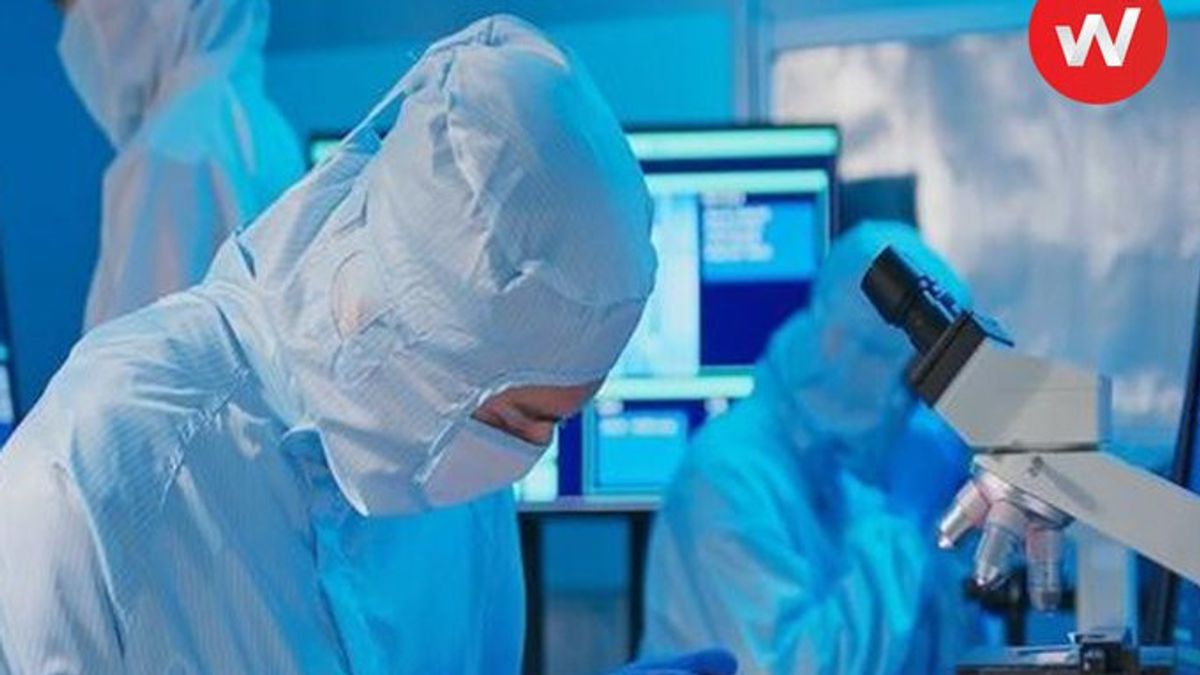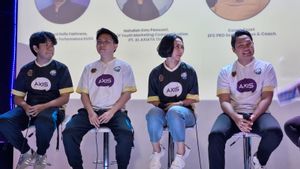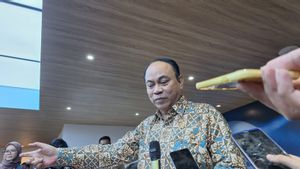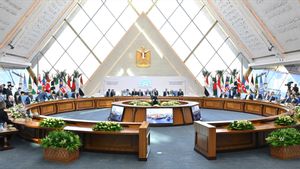JAKARTA - Japan's government-backed semiconductor founding company, Rapidus, is actively looking for engineers around the world. This includes industry veterans and from abroad, to help revive the chip industry that used to be the world's pride.
Supported by billions of dollars in subsidies, Rapidus wants to mass-produce 2 nanometer logic chips, as well as compete with leading companies such as Taiwan's TSMC, which has honed its production process for decades.
The pressing issue for the company is to get engineers in countries with populations continuing to decline, despite partnering with IBM and research organization Imec, as well as starting construction of its production facility on the island of Hokkaido in September.
Rapidus was led by a veteran chip industry executive who worked in the 1980s when Japan owned a market share of about half of the global chip market. Currently, the market share is shrinking to around 10%, with the industry losing prestige at home even though Japan remains a leader in chip manufacturing equipment and materials.
"Of course, initially the main targets were people who wanted to work at the forefront, but lately we have made a list of people leaving Japan to work abroad, and they are now joining," said Tetsuro Higashi, 74-year-old chairman of Rapidus and former head of equipment maker Tokyo Electron.
SEE ALSO:
Rapidus had about 250 employees in November, with a growing number including Masami Suzuki, a senior manager in his 50s in the 3D package department.
"If I do something new, I need about 10 years to do it. I want to make one more flower bloom and the start of Rapidus is very appropriate. I decided to bet the rest of my time on him," Suzuki said of his career in an interview.
Rapidus' ambitious plans have been met with skepticism from those in the chip industry who question whether the company will be able to achieve mass production and gain an adequate customer base.
"When I first heard about Rapidus, I thought it had a very challenging goal," said Naoto Yonemaru, who is in his 30s and is the lead engineer in the technology department of the process. "Although we will receive the technology, we must also develop our own techniques."
Yonemaru moved last month to work with IBM in the state of New York, as part of a group of Rapidus engineers who headed there while production facilities were under construction. "I'm very excited about the idea that we can achieve something like that," he said.
The English, Chinese, Japanese, Arabic, and French versions are automatically generated by the AI. So there may still be inaccuracies in translating, please always see Indonesian as our main language. (system supported by DigitalSiber.id)


















